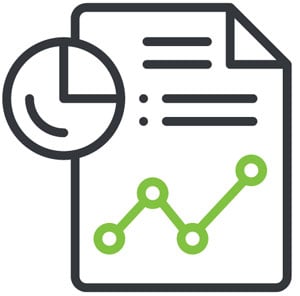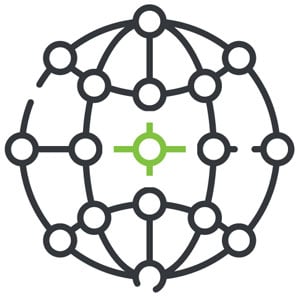As a Managed Service Provider (MSP) and Managed Security Services Provider (MSSP), we manage your IT services, offer backup and disaster recovery, and provide network visibility and security. Our knowledgeable and customer-oriented staff engages to accelerate your network and simplify its security, visibility and automation. Tec-Refresh, Inc. has regional offices in Newport Beach, CA, Charlotte, NC and Boston, MA. Contact us to see how we can put our IT expertise and experience to work for you!
Our Solutions

Advisory
Services
Our approach is comprised of Architecture Review, Business Continuity Framework, and Security Framework Development. We combine the gathered details and information to create a Network Discovery Report that provides a framework, design, and plan.
Learn More

Business
Continuity
Services
Tec-Refresh provides services to assist your technology lifecycle with a simplified backup and disaster recovery solution based on policies and schedules tailored to your environment. Additionally, we provide digital transformation assistance as you migrate data, services, or your disaster recovery (DR) site to the cloud.
Learn More

Cybersecurity
Services
Our team performs vulnerability assessments and penetration tests to determine your current threat landscape, and to provide recommended remediation steps to resolve any vulnerabilities. We’ll assist you to gain full device visibility of all IP-connected devices on your network, and evaluate your network’s hygiene.
LEARN MORE
